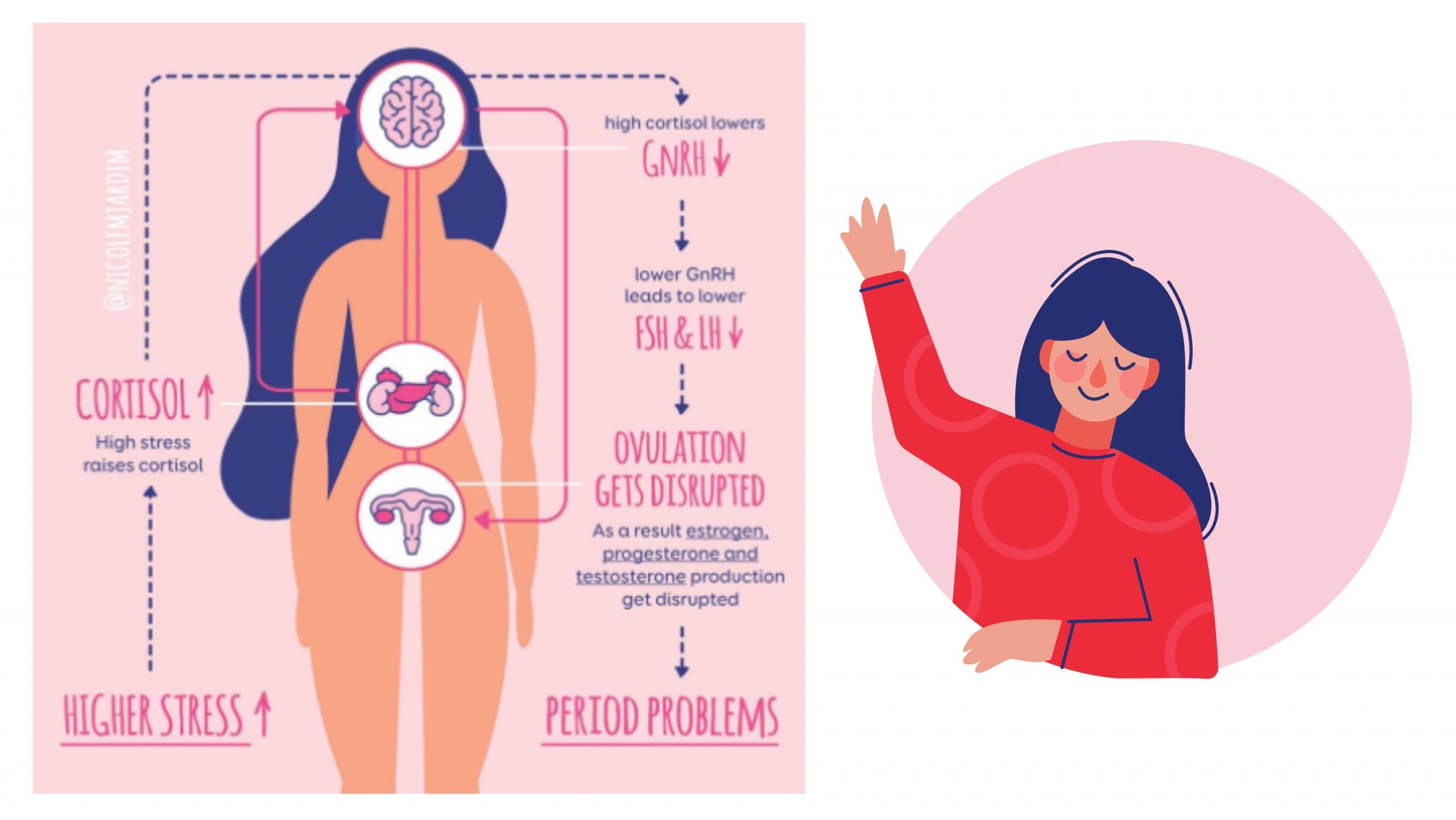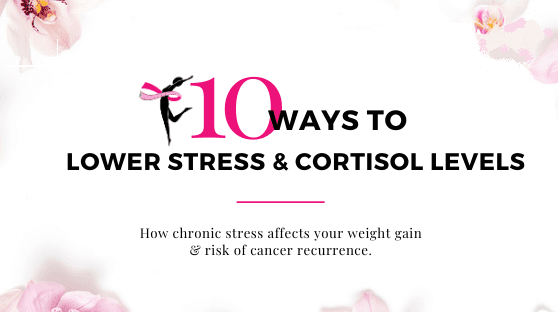
Many people suffer from high cortisol levels without realizing that this is the root cause of their health issues. Some of the symptoms include unusual weight gain or loss, fatigue, and trouble sleeping. Cortisol issues, however, can also take a much more serious form. It has the potential to halt you in your tracks, disrupting your regular routine.
High levels of cortisol indicate adrenal exhaustion. There are four stages of adrenal fatigue: mild adrenal fatigue, moderate adrenal exhaustion, severe adrenal exhaustion, and an adrenal crisis.
Table of Contents
What Is Cortisol?
The adrenal glands secrete a hormone called cortisol, which plays a role in nearly every physiological process and is critical to the body’s ability to stay in homeostatic balance. The body’s “fight or flight” reaction to stress involves an increase in cell firing and the stress hormones adrenaline and cortisol. When the body is under stress for a long time, cortisol levels go down because the body’s resources are used up.

In general, higher levels of cortisol are seen in the early stages of adrenal fatigue, followed by lower levels as the adrenals get more tired.
Symptoms Of High Cortisol:
- Dizziness
- Lack of energy
- Weight gain or weight loss
- Brain fog
- Crave salt and feel better when you eat something with sugar
- Feel worse in the morning, such as stomachache
- Difficulty sleeping
- Anxiety
- Decreased immune system and slowed wound healing
- Increased blood pressure
- Sweating
- Increased heart rate/palpitations
- Face feels flushed
Symptoms Of Low Cortisol:
- Fatigue
- Dizzy, faint
- Weight gain or weight loss
- Decreased blood pressure
- Difficulty sleeping
- Anxiety, nervousness
- Increased heart rate/palpitations
- Sweating
- Feel “weird”
Depending on the individual, you might only have a few of the symptoms or you might have a lot of them. Since many of the symptoms of high cortisol and low cortisol are the same, it is difficult to establish which you have without a cortisol test because many of the symptoms are the same.
What Causes High Cortisol?
- Stress
- Injury, illness, or surgery
- Birth control pills, pregnancy
- Liver dysfunction, kidney problems
- Depression
- Hyperthyroidism
- Cushing’s Syndrome
- Disorders of the adrenal glands
- Use of corticosteroids

10 Ways To Reduce Cortisol
A good amount of sea salt should be added to every meal.
The adrenal glands can be healed by sea salt. It is imperative that you use only high-quality sea salt, such as this or pink Himalayan salt. This is the single most important thing you can do to bring your cortisol levels down! A high cortisol level causes salt to be depleted.
Consume some salt, vitamin C, protein, and fat with each of your meals.
This provides the adrenals with the beneficial nutrients of salt and vitamin C without causing a spike in blood sugar because it is consumed with fat and protein. This helps the adrenals.

Magnesium
Magnesium has been shown in a number of studies to lower cortisol.
Sleep
Make it a goal to get at least 8 hours of quality sleep each night. Because problems with cortisol typically make it difficult to fall or stay asleep, this can be an extremely challenging goal to achieve when cortisol levels are high. Make an effort to improve your quality of sleep by doing everything that you can.
Massage treatments and skin brushing without oil
According to this study, it lowers cortisol levels while simultaneously raising dopamine levels.
Reflexology of the Foot
It has been shown that doing some foot reflexology on your own can make you feel less stressed and tired.
Dancing
Dancing that is not overly vigorous has been shown to significantly reduce cortisol levels.
Yoga
According to this study, you should make an effort to practice yoga because those who did so had significantly lower levels of the stress hormone cortisol.
Laughing
It has been discovered that having a good time and laughing can lower serum cortisol levels. When you are feeling worried, you should try viewing a funny television show or videos on YouTube.
Take a vitamin C supplement.
Increasing your vitamin C consumption is the next best thing you can do to counteract excessive cortisol levels after increasing the amount of salt you consume. Research has revealed that taking vitamin C can considerably cut the amount of cortisol your body produces. In the majority of the research, participants took between 1,000 and 1,500 milligrammes of vitamin C on a daily basis. This resulted in lower levels of the stress hormone cortisol.
